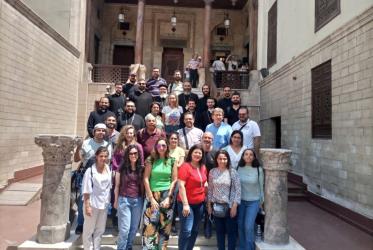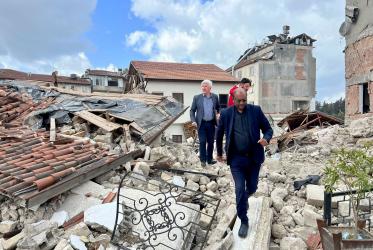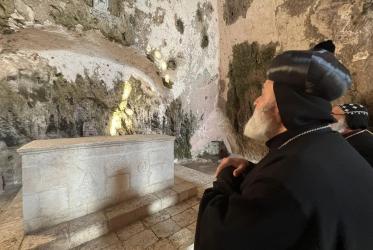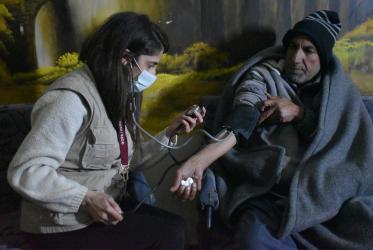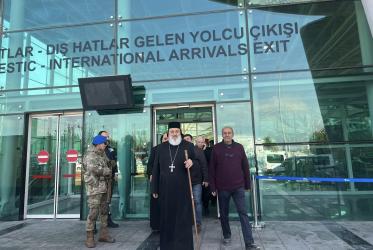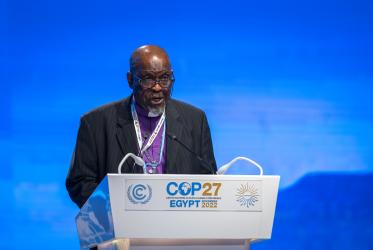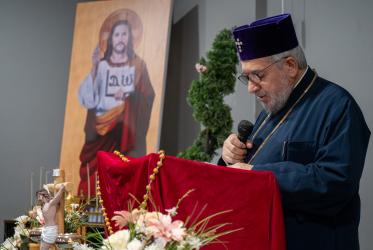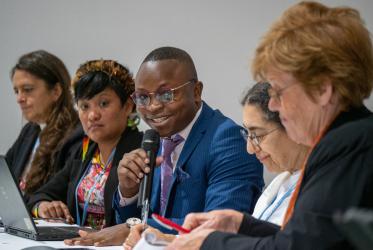Displaying 1 - 20 of 27
COP side event explores how to deliver on the promise of adaptation
16 November 2022
Protect the Amazon, urges WCC statement
22 November 2017
GEM school ends with hope for a better tomorrow
08 September 2016
A just financial and economic architecture is possible, students find
08 September 2016
